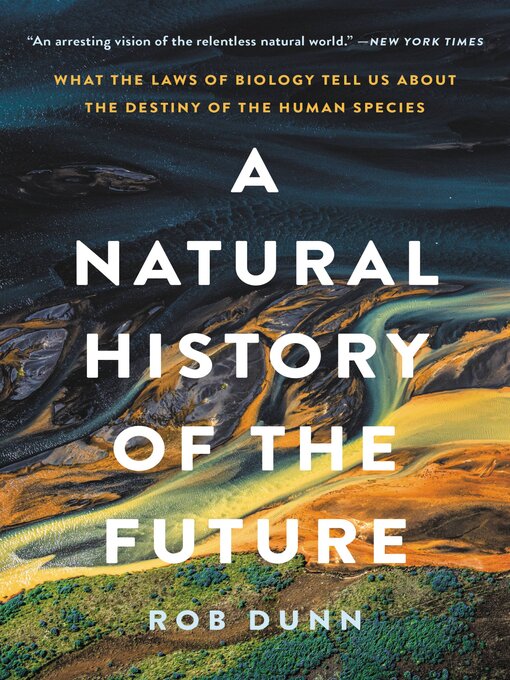- Available now
- New eBook additions
- New kids additions
- New teen additions
- Most popular
- Local Authors
- Try something different
- All eBooks
- See all
- Available now
- New audiobook additions
- New kids additions
- New teen additions
- Most popular
- Try something different
- All audiobooks
- See all
- Popular Magazines
- Just Added
- Cooking & Food
- Fashion
- Health & Fitness
- Home & Garden
- News & Politics
- See all


